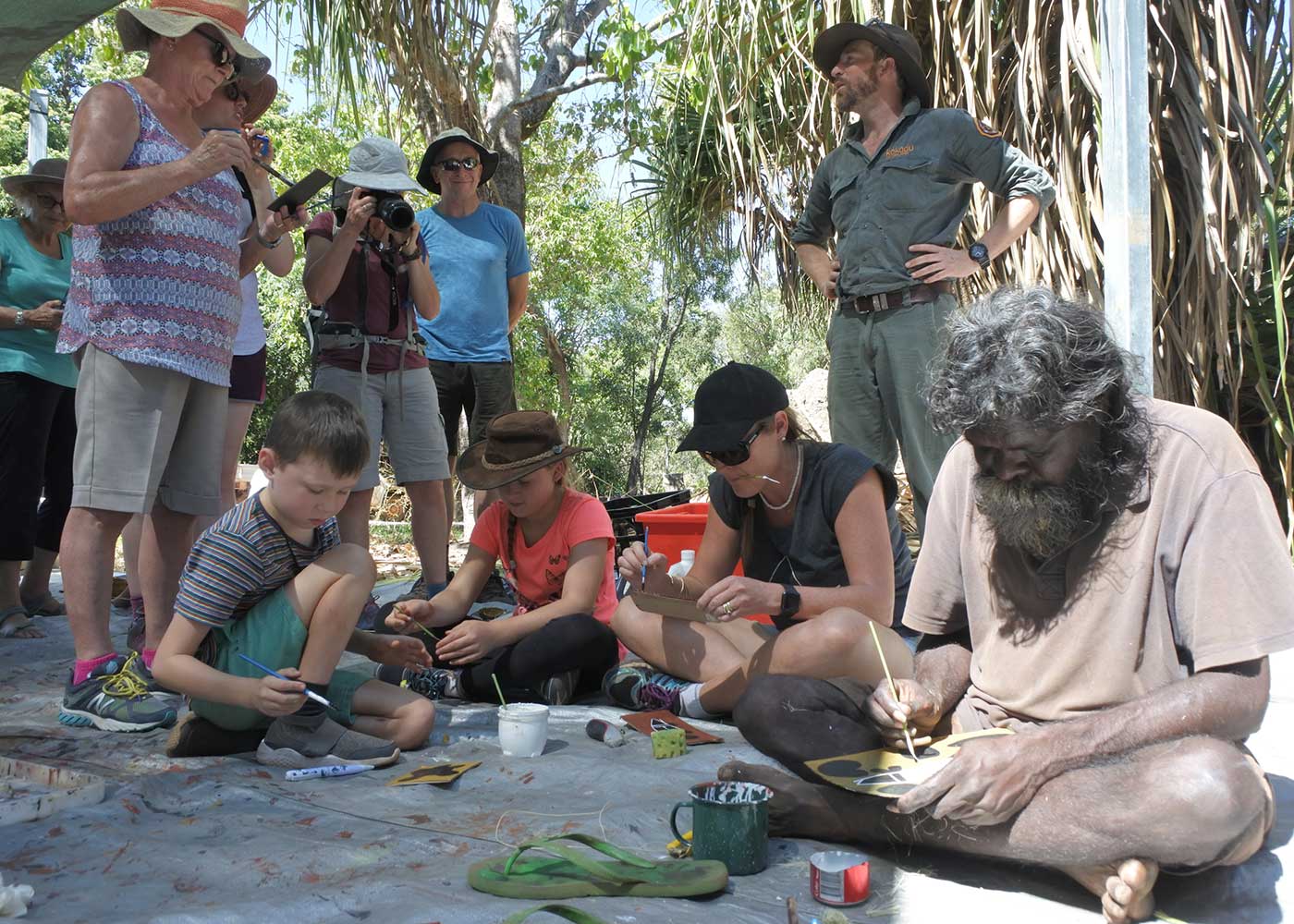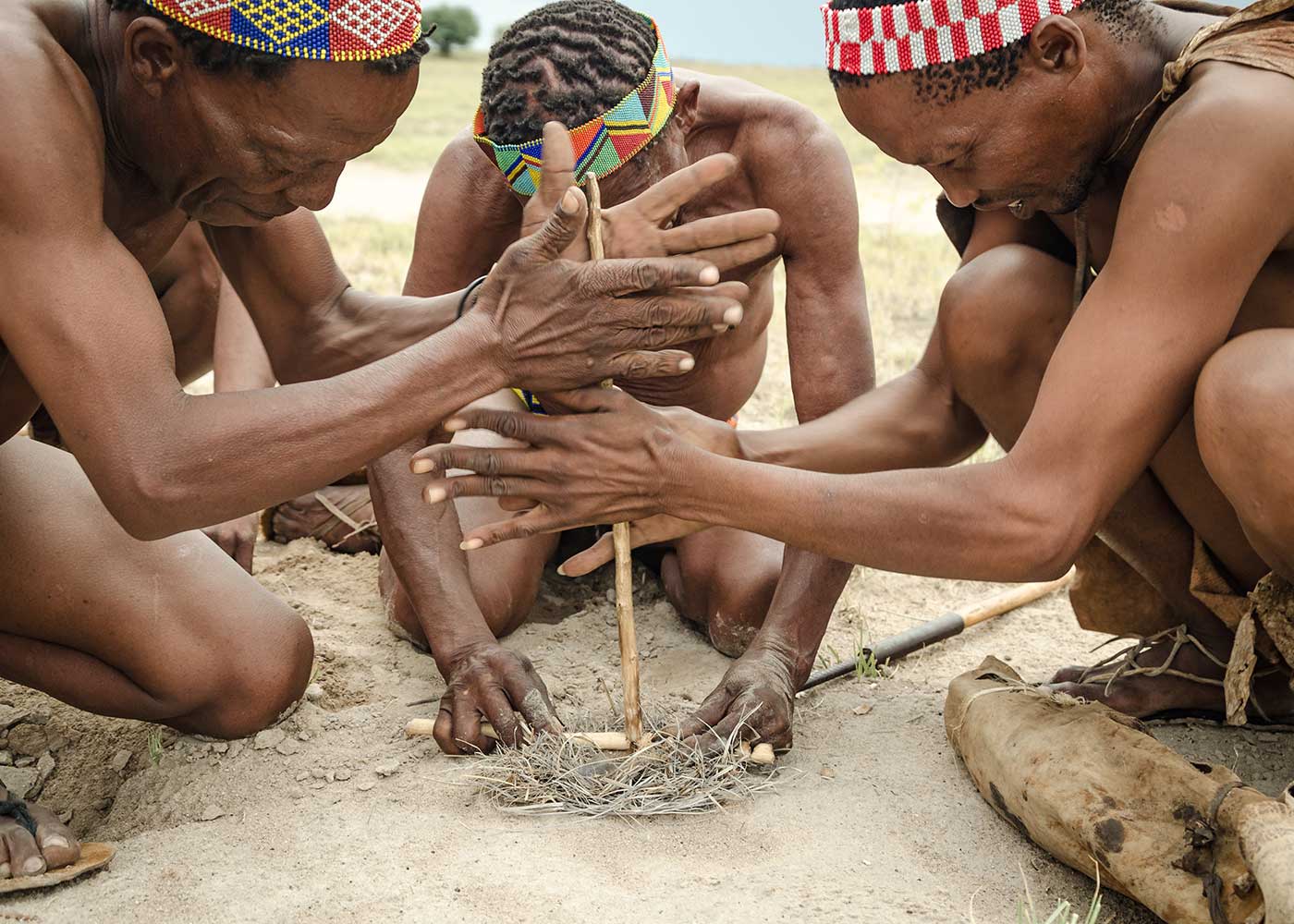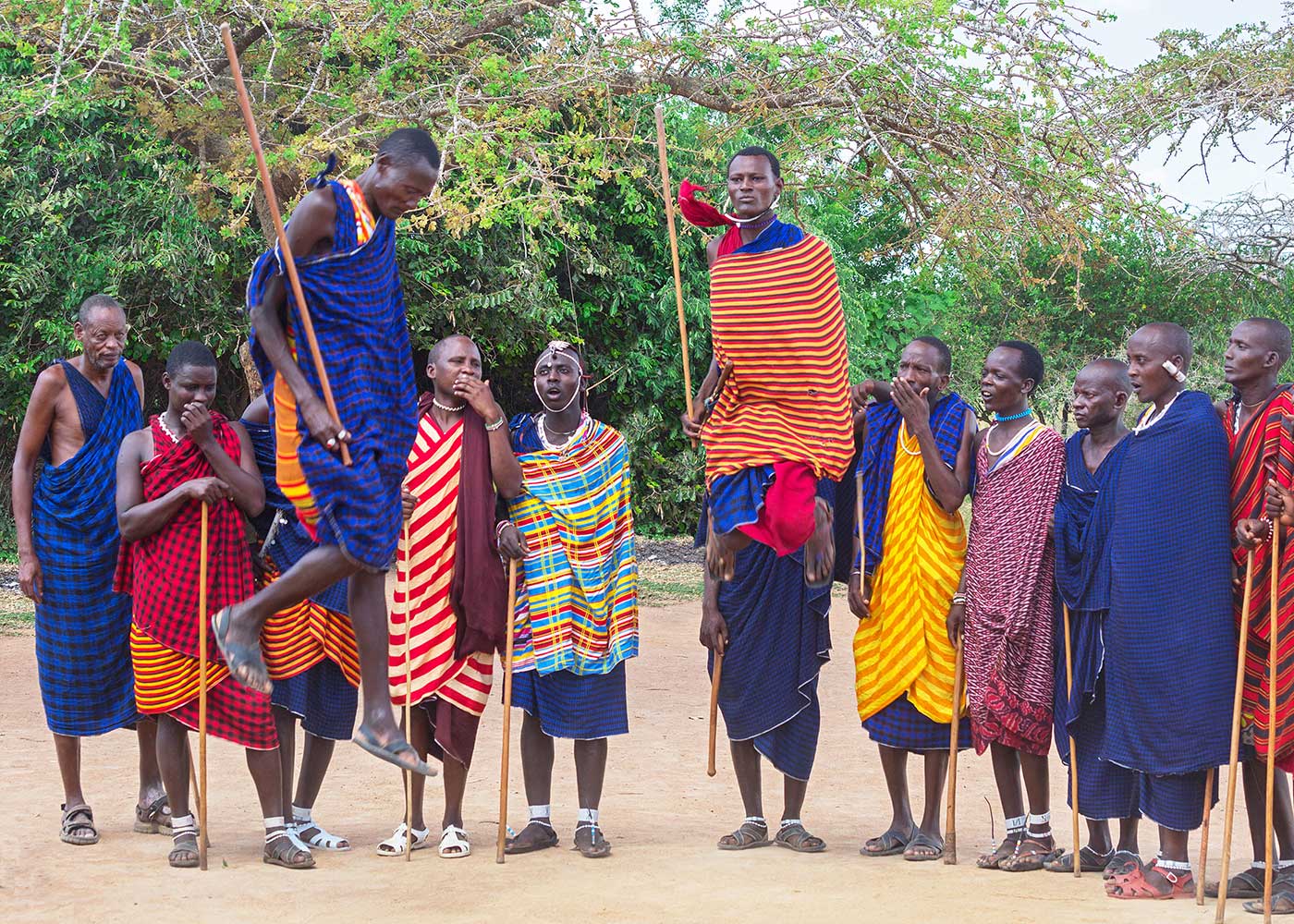Indigenous tourism can be defined as “an activity in which Indigenous people are directly involved, either through control and/or by having their culture serve as the essence of the attraction.”
Posted on : 2019-12-06 14:00:39
According to the World Travel and Tourism Council, the travel industry “creates jobs, drives exports, and generates prosperity across the world”. As an economic powerhouse, tourism and travel should be well placed in contributing to the livelihoods of Indigenous peoples. If handled in a responsible manner, Indigenous tourism can have the power to increase employment, revive cultural pride and empower communities. There are, however, many challenges associated with Indigenous tourism that need to be addressed.
Although indigenous communities only represent around 5% of the world’s population, they account for 15% of the world’s extreme poor. As some of the world’s most disenfranchised and impoverished peoples, there is often a trade-off between economic survival and cultural and environmental resources. Tourism provides an avenue of opportunity for Indigenous communities; their traditions, languages and histories become financial and cultural assets. Travel companies and tour operators who interact with such communities have a responsibility to safeguard such resources and encourage responsible conduct.
Resources
Tourism for Indigenous people can be a double-edged sword. Although it can promote positive livelihoods and empower communities, it can also commercialise the Indigenous culture and commodify cultural property. With the Indigenous travel trend increasing in popularity, issues have been raised over the impacts it has on native lifestyles and traditions.
Learning about tribal life from a Botswana Bushmen or exploring Aboriginal art and craft can be an unmatched experience, but only if done right. There is a fine line to balance when deciding whether or not to participate in Indigenous tourism. Concerns surrounding exploitation of tribes, loss of control over cultural property and lack of economic benefits are all key considerations when searching for meaningful interactions with other cultures. One such concern is the appropriate use of local resources.
The large influx of tourists visiting native destinations can often dominate natural resources In 2018, it was reported that 7.2 million visitors were expected to engage in Indigenous tourism experiences between 2019-2020 in Canada. Tourism Australia also revealed that the number of international visitors taking part in Indigenous tourism related activities had risen by 40% since 2013. It is clear that such experiences are now highly coveted. To ensure that these figures incite positive change, the implementation of Indigenous tourism should follow the principles of sustainable development and resource management. However, this is often not the case. Tourism in Indigenous areas, especially rural Indigenous areas can produce undesirable impacts such as pollution, littering, damage to the natural environment and degradation of local ecological habitats.
To encourage successful tourism for Indigenous people there must be a recognition of Indigenous land rights; this should minimise ethical and environmental damage. Often, land control can allow Indigenous communities to obtain economic benefits from tourism and control the use of their resources.

Economics
The economic benefits of tourism for Indigenous communities has often centred on income and employment. However, Indigenous populations often do not receive enough profit from tourism. Issues of land ownership, power dynamics between local residents and tourists and commodification of culture all contribute to the unfair financial distribution.
In practice, local communities should set prices and tour operators should create an open dialogue to explain that prices will be marked up to cover marketing costs. There should also be open and honest communication between tourism businesses and local residents, so that boundaries can be set, and terms of interaction agreed. Decision-making should be equal so that traditional laws and customs may be safeguarded. In this way, Indigenous communities are equal business partners and determine the level of involvement they have with the tourism activities. This can include local purchasing and ownership and access to safe and secure working environments with ensured minimum wage payment. This will allow Indigenous communities to derive direct economic benefits from tourism products and services. Non-profits such as Tourism Cares are working to ensure that this happens.

Authenticity
Authenticity within Indigenous tourism is a main point of contention within tourism discourse. Issues of ‘backstaging’ (putting on a show for tourists) and denied authority and control over stories told about Indigenous culture can have irreparable consequences on the portrayal of traditional knowledge. Tour operators and those involved with Indigenous communities must work to safeguard customary laws, cultural heritage and traditional narratives. This can be through gaining informed consent from local residents regarding the information shared with tourists and ensuring that all stories and narratives told are accurate and fully approved. This will help to conserve cultural integrity and protect Indigenous communities from traditional degradation.

Education
It is not impossible to ethically visit indigenous tribes and destinations. With the right education, travellers can find the best tour providers for them and benefit the local communities in impactful ways. Steps towards education include:
- Asking the important questions; Does the tribe welcome visitors? Are they in control of their narratives? Are customary laws acknowledged? Is the community involved in the delivery of cultural programmes to a visitor?
- Make lengthier stays that benefit the economy rather than hour-long “cultural tours”
- Research ethical travel companies. Who receives the monetary benefits from your booking? Are local residents included in decision-making?
- Am I healthy enough to travel? Or do I pose a risk to the indigenous community I am going to visit?
Benefits
If you find a travel company offering an ethical indigenous tour, there can be many benefits for local communities. Indigenous tourism can foster greater awareness of the issues Indigenous communities face in a rapidly modernising world. It is, however, extremely important that tourists take responsibility for the types of Indigenous tourism activities they take part in. Assessing whether a tourism experience complies with the standards of sustainable development and proper cultural codes is imperative for safe-guarding Indigenous communities from exploitation and commodification. As a tourist, you have the power of deciding where you invest your time and money, so make it count.

